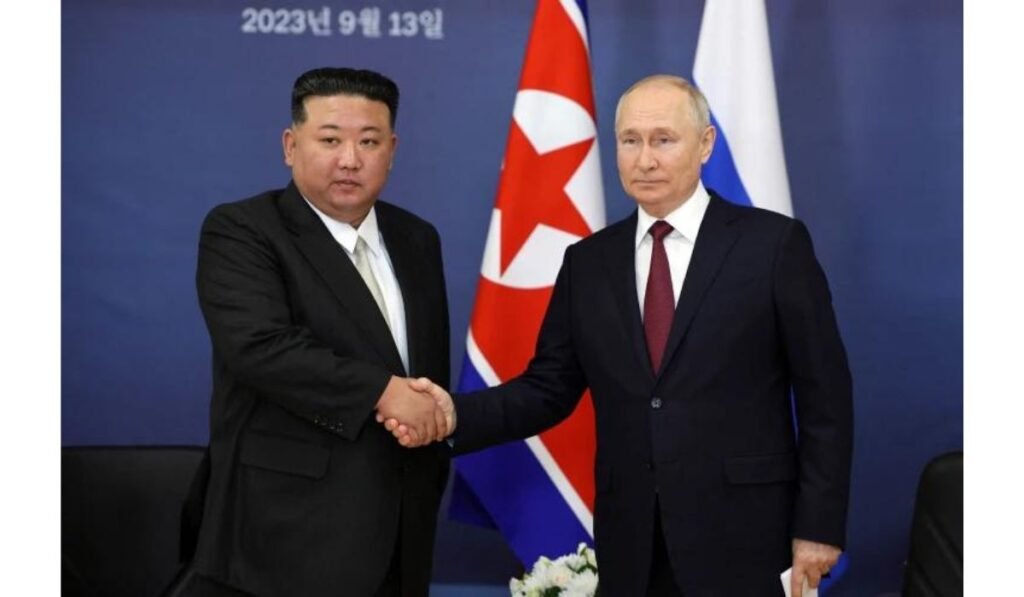Amidst heightened international tensions, the Russia UN Panel Veto of the extension of the UN panel overseeing North Korea sanctions has ignited widespread concern and debate. The decision comes at a critical juncture, as efforts to enforce sanctions against North Korea remain a key priority for the international community. Despite ongoing diplomatic efforts to address North Korea’s nuclear program, Russia’s veto threatens to undermine these efforts and weaken the effectiveness of existing sanctions regimes.
The veto reflects Russia’s strategic interests and geopolitical considerations in the Korean Peninsula region. With growing tensions between Russia and Western powers, Moscow’s decision to block the extension of the UN panel underscores its willingness to challenge the status quo and assert its influence on global affairs. Moreover, Russia’s move raises questions about the broader dynamics of international diplomacy and the balance of power within the United Nations Security Council.
In light of Russia’s veto, the international community must reassess its approach to addressing North Korea’s nuclear ambitions and enforcing sanctions. Diplomatic efforts must be intensified to bridge divides and find common ground among UN Security Council members. Moreover, alternative strategies for addressing North Korea’s nuclear program should be explored, including engaging in dialogue with Pyongyang and pursuing multilateral diplomatic initiatives. As the situation evolves, it is imperative for stakeholders to remain vigilant and proactive in their efforts to promote peace and stability on the Korean Peninsula.
read more
image source








